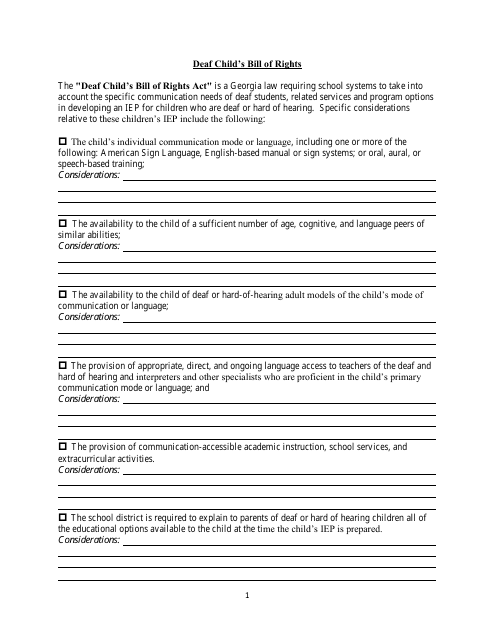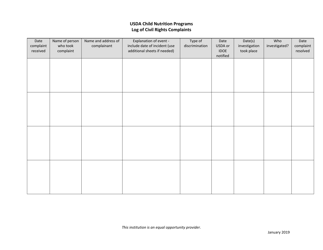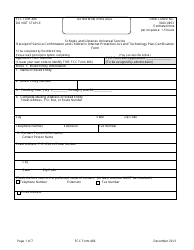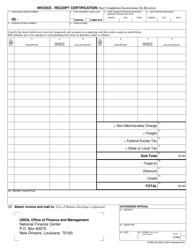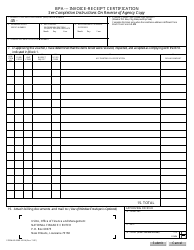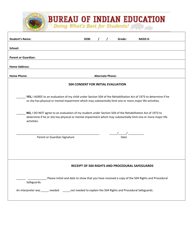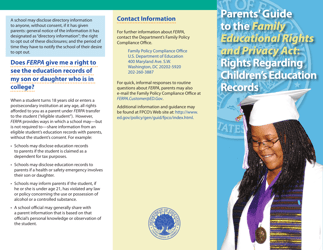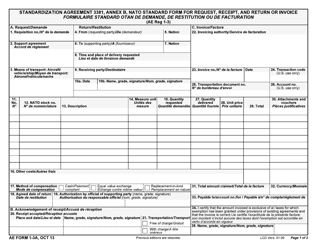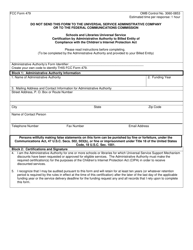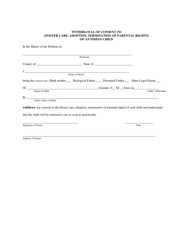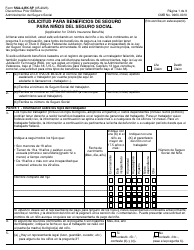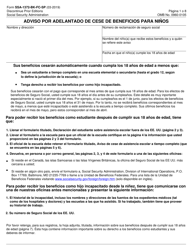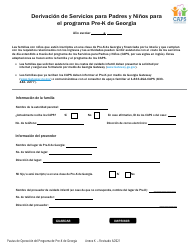Deaf Child's Bill of Rights - Georgia (United States)
Deaf Child's Bill of Rights is a legal document that was released by the Georgia Department of Education - a government authority operating within Georgia (United States).
FAQ
Q: What is the Deaf Child's Bill of Rights?
A: The Deaf Child's Bill of Rights is a document that outlines the rights of deaf children in Georgia, United States.
Q: What is the purpose of the Deaf Child's Bill of Rights?
A: The purpose of the Deaf Child's Bill of Rights is to ensure that deaf children have equal access to education, communication, and other opportunities.
Q: What does the Deaf Child's Bill of Rights cover?
A: The Deaf Child's Bill of Rights covers various areas including the right to communication, education, accessibility, and involvement in decision-making.
Q: Why is the Deaf Child's Bill of Rights important?
A: The Deaf Child's Bill of Rights is important because it promotes the equal treatment and inclusion of deaf children, ensuring they have the same opportunities as their hearing peers.
Q: Who does the Deaf Child's Bill of Rights apply to?
A: The Deaf Child's Bill of Rights applies to deaf children in Georgia, United States.
Q: Is the Deaf Child's Bill of Rights a law?
A: No, the Deaf Child's Bill of Rights is not a law. However, it serves as a guideline and advocacy tool to promote the rights of deaf children.
Q: Can the Deaf Child's Bill of Rights be enforced?
A: While the Deaf Child's Bill of Rights is not legally binding, it can be used as a basis for advocacy and to encourage policy changes that support the rights of deaf children.
Form Details:
- The latest edition currently provided by the Georgia Department of Education;
- Ready to use and print;
- Easy to customize;
- Compatible with most PDF-viewing applications;
- Fill out the form in our online filing application.
Download a printable version of the form by clicking the link below or browse more documents and templates provided by the Georgia Department of Education.
